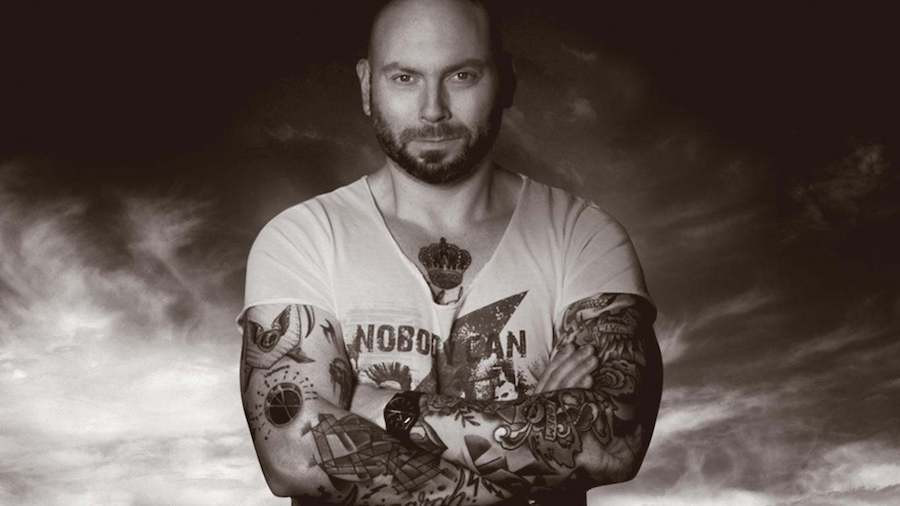The chief creative officer and co-owner of Switzerland’s top ranked creative design company, Jung von Matt/Limmat, Dennis Lück has been promoting his dream of getting schools to start teaching skills like creativity. He will discuss this and his passion for ideas at a Design Friends talk at Mudam on Wednesday 5 June.
In an interview with Delano he talks about his love for passing on knowledge on to talented young people, his thoughts on technology and his passion for punk rock.
Duncan Roberts: You have called for schools to unlock potential creativity in students. Can you tell us a bit more about your idea to incorporate six “super subjects” into education programmes?
Dennis Lück: There are four skills that our children need in the very near future. Creativity, communication, critical thinking and collaboration--the famous 4C-model. That means: skills will become more and more important. A study amongst 1,500 world leaders even showed that creativity will be the most important skill of all, since it is the skill that fuels all others.
The task of education is to prepare our kids for their future life. So, if we know skills become the thing, why don’t we teach skills instead if things that Alexa and Siri can answer you in a split second? So, my idea was to create those “Super Subjects” that directly derive from the 4C-Model. Creativity as one subject, where kids need to complete a project from A-Z, for example by creating a song, writing a comic and designing a garden. The task is to choose a project by intrinsic motivation, plan it and finish it during a given amount of time. By doing this the kids also learn how to make mistakes, to draw conclusions, to ask for advice etc.
The next super subject is inspiration that feeds creativity. Here, subjects like music, art, dancing or moving in general, theatre or even passion in general are part of that subject. Collaboration as super subject solves every challenge in a team--from sport challenge to a math task. Learning to take and to act within roles in a team and knowing the importance of a common spirit will be taught here.
Communication has two pillars: the basic languages and then what we do with them. Discussing, finding arguments, learning how to form and defend them, creating a culture that communicates.
Critical thinking had to be split in two super subjects. The first one is of course maths as the base for logical and critical thinking. The other one is logic and that is a super subject that teaches logical and critical thinking through gamification elements. And that’s basically it: 6 “Super Subjects” to create the super kids of the future.
DR: What inspired you to be creative as a youngster? Has increased access to media and technology helped or hindered the development of creativity in school age children?
DL: It was comics like “Mortadelo y Filemón” (“Mort & Phil” in English) that inspired me as a kid. So many crazy ideas, I still love them. That’s how I entered the world of creativity, along with the creative uprising of my parents. I started to draw and invent comics myself and became familiar with the process of creating fun stuff.
To the second part of your question: media and technology are enablers of even more fun. They broaden the possibilities, they are just more playground to get creative--also for children. But there is one important aspect: whatever children play with, it must have a creative component. Something has to be built or invented. Kids must create, not consume. That is the key! And of course, balance is important. Even if I say I love the possibilities of new tech, I still love to go on an “offline” treasure hunt with the kids and invent stories of ghosts and elves and whatnot living in the forest.
DR: You are also a musician. Has drumming and playing in a punk band taught you things that you have applied to your work as a designer? Should some sort of artistic discipline be made mandatory in school’s education programmes?
DL: Yes, for sure. Learning an instrument is like learning any form of art. Practice, practice, practice; get better and get better. But since you want to play in a band, it differs from many other art forms: If you are in a band, you learn about the role within a team, which is your punk rock friends. You collaborate, you create, you communicate. So, music or any form of passion teaches you so much about how to behave at work. So, if you ask me if it should be mandatory, then you hear my clear yes: punk rock and heavy metal music must be mandatory educational elements.
